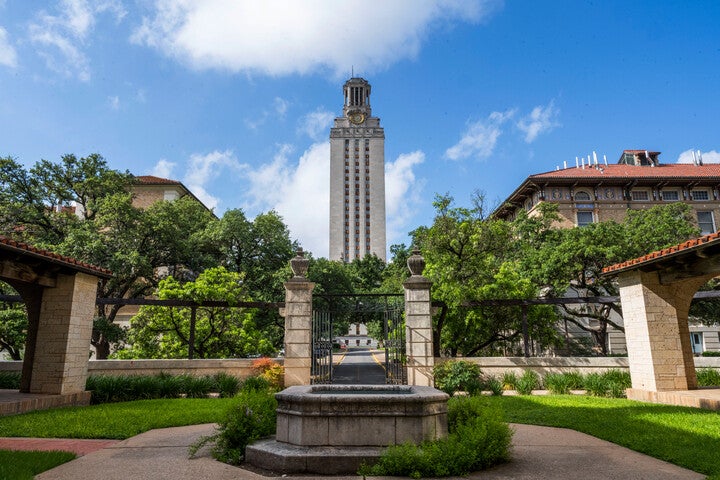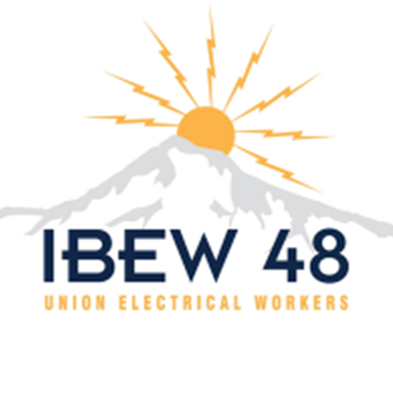
International Brotherhood of Electrical Workers
Posted comments are personal opinions and may not reflect the views of IBEW Local Union 48. The purpose of the Building Association is to own real property on behalf of the ibew local no 48 union

International Brotherhood of Electrical Workers
The International Brotherhood of Electrical Workers (IBEW) is the oldest and largest electrical union in the world, founded in 1891. It emerged as a response to the poor working conditions and dangers faced by electrical workers in the late 19th century. The IBEW represents over 750,000 workers across the United States and Canada in industries such as electrical construction, telecommunications, broadcasting, and manufacturing.
History
The IBEW was established in St. Louis, Missouri, with the support of the American Federation of Labor (AFL) as the National Brotherhood of Electrical Workers. It later became the International Brotherhood of Electrical Workers in 1899, expanding its focus to include Canada. The early years were marked by significant challenges, including low wages and high death rates among electrical workers. Notably, the union admitted its first women members in 1892, just a year after its founding[1][2].
During World War I, the IBEW played a crucial role in supporting the war effort. However, membership declined afterward due to economic conditions. The union rebounded under President Franklin D. Roosevelt’s pro-labor policies, which helped stabilize the IBEW during World War II and beyond[1][5].
Organizational Structure and Achievements
The IBEW is known for its strong focus on training and safety. In the 1940s, local chapters began formalizing apprenticeship programs to enhance worker skills and professionalism. The union has also been at the forefront of promoting better working conditions and employee-employer relations, establishing the Council on Industrial Relations (CIR) in 1919 to facilitate dialogue and dispute resolution[1][4].
By the mid-20th century, the IBEW had become a powerful force in the labor movement, advocating for better wages, benefits, and working conditions across the electrical industry. Despite challenges such as the Great Depression and automation, the union continued to grow and adapt, ensuring a high standard of living for its members[3][5].
Modern Era
Today, the IBEW remains committed to advancing the interests of its members through collective bargaining, education, and advocacy. It continues to support apprenticeship programs and vocational training, preparing workers for the evolving demands of the electrical and telecommunications industries. The IBEW’s dedication to its members has maintained its strength and influence within the labor movement[1][5].
Edit WikiICO
943099274
6800
Web
Sign in to see organisation website
Traffic
2976492
International Brotherhood of Electrical Workers Union | IBEW Local 48
From Social media
News about from their social media (Facebook and X).
New Smokey Bear coins are now available for Local 48 members to purchase at the Hall. Coins are $25 each, and they can only be purchased by Local 48 members and travelers consistently working in our jurisdiction, with an address in our jurisdiction as well. There is a limit of two coins per member.
Like Comment
Data about organisation
Labor Unions/Organizations Category
Organisations with similar rank to International Brotherhood of Electrical Workers in category Labor Unions/Organizations

516. American Federation of State County & Municipal Employees
The official Facebook page of Council 13 of the American Federation of State, County, and Municipal.
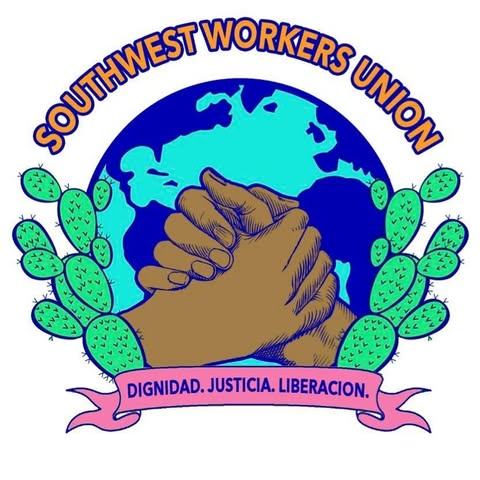
517. Southwest Public Workers Union Inc
Southwest Workers’ Union (SWU) unites workers, communities and youth in the struggle for dignity and.

518. International Brotherhood of Electrical Workers
Posted comments are personal opinions and may not reflect the views of IBEW Local Union 48.

519. San Diego Firemans Relief Association
FirefighterAid is a 501(c)(3) managed by SDFRA.
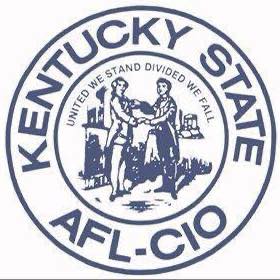
520. American Federation of Labor & Congress of Industrial Orgs
Representing over 100,000 members, the Kentucky AFL-CIO fights for fair wages, safe working conditions, and stronger communities by empowering workers through solidarity and collective action.
Portland
Organisations from International Brotherhood of Electrical Workers

302. Portland Dachshund Rescue Inc
Portland Dachshund Rescue Inc is a non-profit, no-kill organization passionately committed to rescue.

A place like no other in SE Portland on 122nd Ave, south of Foster Rd.

304. International Brotherhood of Electrical Workers
Posted comments are personal opinions and may not reflect the views of IBEW Local Union 48.

305. Wisdom of the Elders, Inc.
Wisdom of the Elders, Inc.

🥳 🐐 Over TEN YEARS as Portland's nonprofit resident herd.
Similar organisations
Similar organisations to International Brotherhood of Electrical Workers based on mission, location, activites.
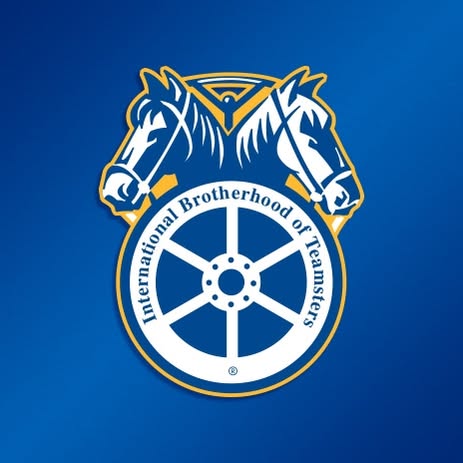
International Brotherhood of Teamsters
Fighting for working families in Eastern Washington and Northern Idaho.

Service Employees International Union
Service Employees International Union Local 6.

International Brotherhood of Electrical Workers
International Brotherhood of Electrical Workers is a Labor Union located Tacoma, Washington.
Similar Organisations Worldwide
Organisations in the world similar to International Brotherhood of Electrical Workers.

IGBO PROGRESSIVE UNION - UK (uk)
Onye Agha Na Nwanne Ya.

Australian Unemployed Workers’ Union Incorporated (au)
The Australian Unemployed Workers' Union (AUWU) is an Australian union representing unemployed, underemployed, and unwaged workers.

Industrial Relations Society of Victoria Inc. (au)
The Industrial Relations Society of Victoria (IRSV) is Victoria's association for students, and professionals interested in industrial relations.
Interesting nearby
Interesting organisations close by to residence of International Brotherhood of Electrical Workers

The Oregon Labor Candidate School (OLCS) was created by a coalition of Oregon unions to meet the grow.

Laborers International Union of North America
The Laborers’ International Union of North America – LiUNA, is a powerhouse of workers who are proud to build the United States of America and Canada.

International Brotherhood of Electrical Workers
Posted comments are personal opinions and may not reflect the views of IBEW Local Union 48.
Similar social media (6800)
Organisations with similar social media impact to International Brotherhood of Electrical Workers

An inspirational page for widows, widowers, and anyone who has lost a loved one.

Local ideas for lasting change.

69720. International Brotherhood of Electrical Workers
Posted comments are personal opinions and may not reflect the views of IBEW Local Union 48.

Mission: Unite, educate and serve the LGBTQIA+ community.

69722. Association of Pediatric Oncology Nurses
APHON is a 501(c)3 non-profit promoting excellence in pediatric hematology/oncology nursing through education, research, and collaboration.
Similar traffic
Organisations with similar web traffic to International Brotherhood of Electrical Workers
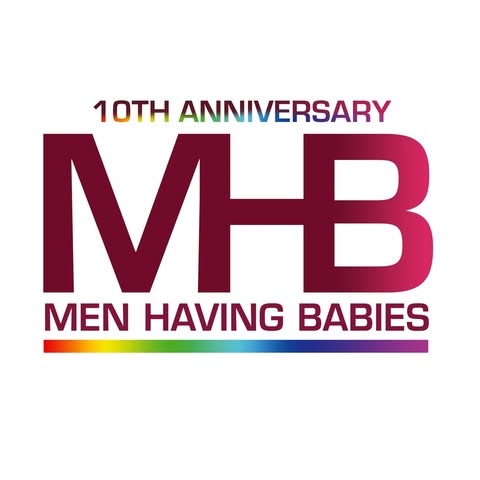
Supporting current / future gay parents and surrogates with 6 annual conferences worldwide & financial support through the Gay Parenting Assistance Program.

55272. International Brotherhood of Electrical Workers
Posted comments are personal opinions and may not reflect the views of IBEW Local Union 48.

55274. MINNESOTA DENTAL ASSOCIATION
The MDA is Minnesota's authoritative resource on oral health, committed to serving the profession.
Join us and make a difference for the future!
Sign Up
Please fill in your information. Everything is free, we might contact you with updates (but cancel any time!)
Sign in with GoogleOr
Good News
Exciting news! SCIENTURE is launching commercial sales of Arbli (Losartan Potassium), bringing innovative healthcare solutions to patients in need! #GoodNews #HealthcareInnovation
SCIENTURE Announces Start of Commercial Sales and Fulfillment of First Orders for Arbli (Losartan Potassium)
MarTech Series
Like Comment











